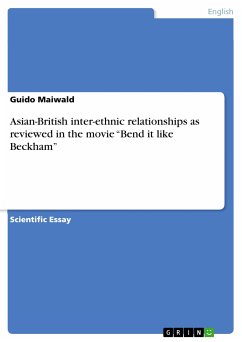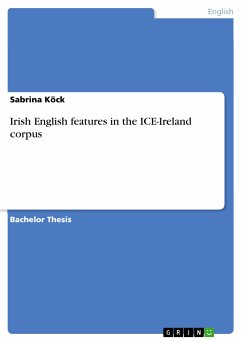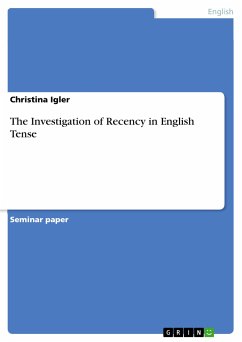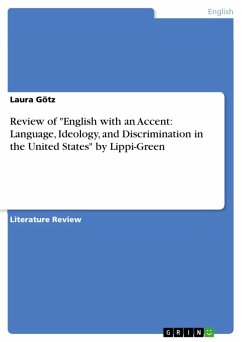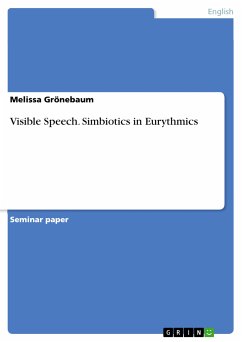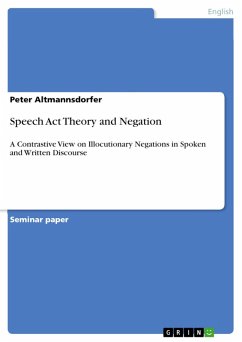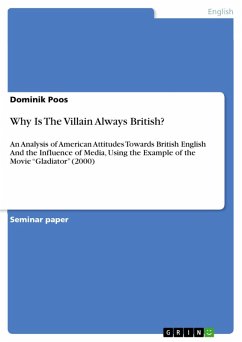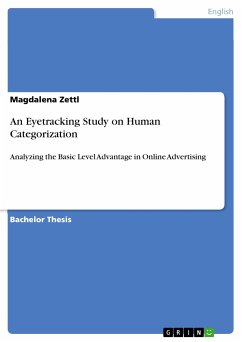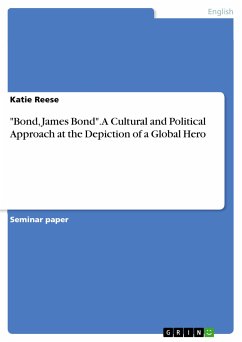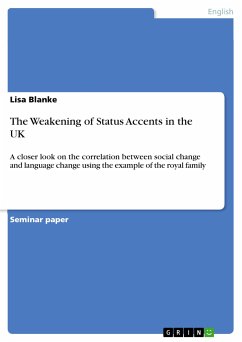
The Weakening of Status Accents in the UK (eBook, PDF)
A closer look on the correlation between social change and language change using the example of the royal family
Versandkostenfrei!
Sofort per Download lieferbar
Statt: 17,95 €**
13,99 €
inkl. MwSt. und vom Verlag festgesetzt.
**Preis der gedruckten Ausgabe (Broschiertes Buch)
Alle Infos zum eBook verschenkenWeitere Ausgaben:

PAYBACK Punkte
0 °P sammeln!
Seminar paper from the year 2013 in the subject English Language and Literature Studies - Linguistics, grade: 1,7, University of Münster (English Department), course: Seminar Linguistic Variation - From Old English to Standard English, language: English, abstract: Today, English is one of the most spoken languages in the world and has a huge impact on the everyday life of millions of people. As a lingua franca, English is the world's widely used language and is spoken in 101 countries all over the world , each of them adding their own flavour to the mixture. So exposed to influences of all ki...
Seminar paper from the year 2013 in the subject English Language and Literature Studies - Linguistics, grade: 1,7, University of Münster (English Department), course: Seminar Linguistic Variation - From Old English to Standard English, language: English, abstract: Today, English is one of the most spoken languages in the world and has a huge impact on the everyday life of millions of people. As a lingua franca, English is the world's widely used language and is spoken in 101 countries all over the world , each of them adding their own flavour to the mixture. So exposed to influences of all kinds, the English language seems to be constantly changing. The one thing that unites the huge amount of varieties, and therefore people, has to be the root of the language they share, which is English as it is spoken in England by the family of the English society and especially by the Queen, Elizabeth II. But as the monarchy seems weakened through social changes, 'the Queen's English', which is often put on a level with Received Pronunciation (RP), is no longer as popular. So Britain is a current example of language change in times of globalisation and democratisation, which shapes language ideology. In this context, it might be interesting to take a closer look at what 'Queen's English' stands for and why it changes by reference to studies over a longer time period, to draw inferences with regard to social reasons.
Dieser Download kann aus rechtlichen Gründen nur mit Rechnungsadresse in A, B, BG, CY, CZ, D, DK, EW, E, FIN, F, GR, HR, H, IRL, I, LT, L, LR, M, NL, PL, P, R, S, SLO, SK ausgeliefert werden.




